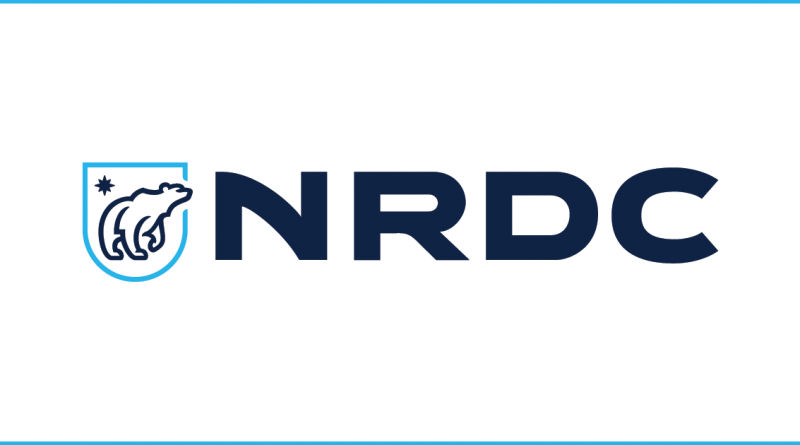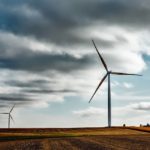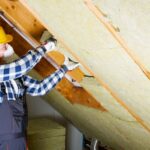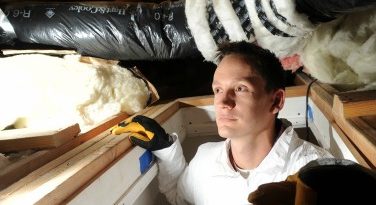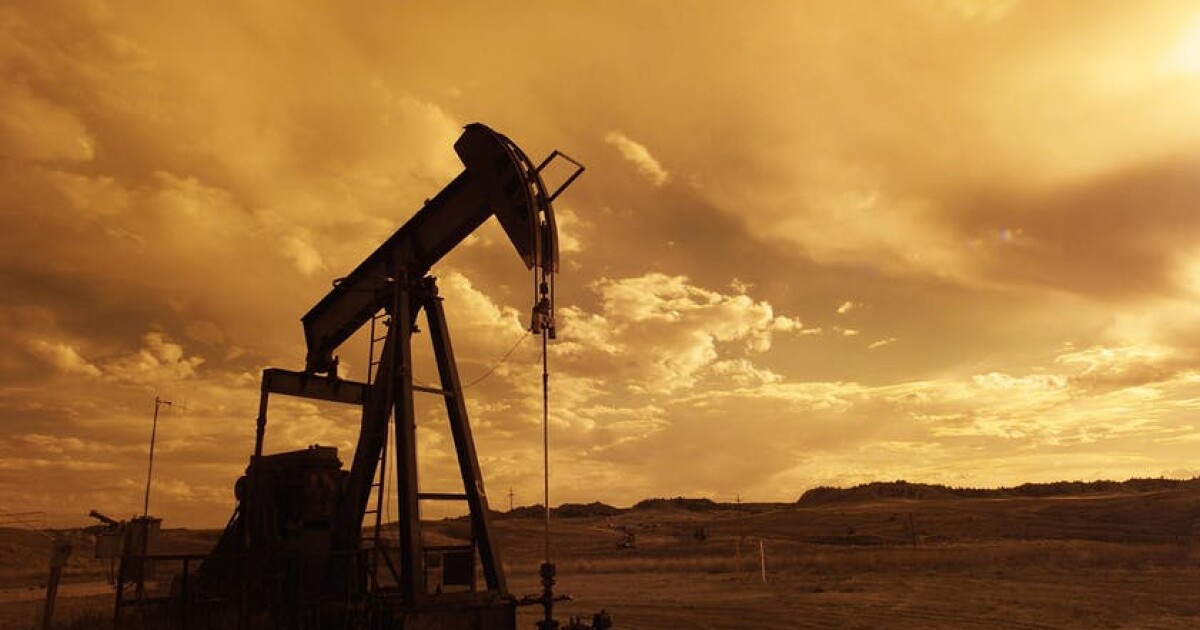Affordable Housing Is Key to a Clean Energy Economy – NRDC (Natural Resources Defense Council)
Energy Disrupter

Today I had the opportunity to testify on behalf of NRDC at the Senate Committee on Banking, Housing, and Urban Affairs hearing on “21st Century Communities: Capitalizing on Opportunities in the Clean Energy Economy.”
It was an honor presenting NRDC’s recommendations for ensuring that investments in racial equity, affordable housing and transit can ensure clean energy jobs continue to be the fastest growing job sector in the economy. During the session I explained how relying solely on market forces would not progress us fast enough to address dangerous levels of climate change that threaten the lives and stability of millions of households. We need congressional action to support job growth and offer opportunities to struggling communities and workers whose livelihoods must transition off fossil fuels and create the future we deserve.
You can watch the full hearing video here. My full written testimony can be read here, and my shorter spoken testimony is copied below.
Good morning Chair Brown, Ranking Member Toomey, and distinguished members of the Committee; thank you for the opportunity to testify today.
I am Khalil Shahyd, a Senior Policy Advisor on Equity, Environment and Just Communities with the Natural Resources Defense Council. NRDC is an international nonprofit organization of scientists, lawyers, and environmental specialists dedicated to protecting public health and the environment.
The United States today is confronted by the extraordinary and inter-connected crises of the global pandemic, economic recession, deep racial injustice, a rapidly destabilizing climate, and threats to the nation’s democratic foundations.
Few sessions of Congress have shouldered a greater responsibility—or had a greater opportunity. Many acts of leadership will be necessary to make it safely through these crises…. led by comprehensive and sustained federal investment to recover, rebuild, and lay the foundation for a more just and stable future.
Like most of the economy, clean energy was hard-hit by COVID-19.
At one point, more than 600,000 clean energy workers had filed for unemployment. Energy efficiency jobs saw the biggest drop. declining about 11 percent as workers were prevented from entering homes and offices because of the pandemic lockdowns.
If the clean energy sector is to be the engine that drives us toward a more equitable and sustainable economy, we must ensure that it recovers—AND expands to provide the opportunity and livelihoods so many need.
President Biden has committed to increasing the pace of climate action to cut emissions. Housing represents a key element of his climate strategy. The president wants to cut the carbon footprint of the U.S. building stock in half by 2035.
Federal investment in cleaner transportation options, energy efficiency, and clean energy generation/combined with commitments to address racial inequities/can deepen our actions against climate change.
They also can create a stronger, more resilient economy.
Did you know that most Americans—particularly renters—spend more than half their income on transportation, rent, and home energy costs?
The climate crisis and the soaring cost of housing are linked. And that’s creating extreme burdens for households nationwide, including renters, female heads of households, and the elderly.
And these burdens disproportionately challenge the financial stability of African-Americans and other communities of color.
Often, low-income and vulnerable households are left to rely on low-quality housing due to residential segregation, long-term neighborhood disinvestment, and deferred maintenance of the housing stock.
These homes tend to waste energy so that low-income families pay more for energy per square foot than higher-income residents. As a result, nearly one-third of US households struggle to pay utility bills.
In fact, about one in five households has been forced to choose between necessities like food and medicine—or paying an energy bill.
At the same time, low-income Americans are increasingly reliant on older housing units.
That leaves them more vulnerable to extreme weather disasters like hurricanes, flooding, and wildfires.
Unpredictable weather puts vulnerable housing stock at risk, leading to the displacement and destabilization of families and communities. It also increases the likelihood they will experience—or be trapped in—poverty.
Federal policies must ensure both the reduction of climate pollution—and that people can live in safe, affordable housing.
The Department of Energy’s Weatherization Assistance Program is the primary source of federal investment in home energy retrofits.
Every year, WAP efficiency improvements cut America’s climate pollution by 2 million metric tons.
But only about 35,000 homes can enroll annually and many aren’t serviced due to funding shortfalls. At current levels, WAP will retrofit fewer than 150,000 homes over the next four years—even though 40 million are eligible.
By providing more funding for WAP and new Multifamily retrofit programs,
Congress can make a difference.
We need a “whole of government” approach to addressing the climate crisis and the related challenges that confront us. And that begins with Congress.
We need to ensure a functioning social safety net for all Americans. We need to invest in modernizing our nation’s housing stock and our infrastructure, and we need to enhance workforce training and benefit policies for dislocated workers.
By taking those actions, Congress can transform our economy, grow jobs, and set America on the path of economic success for decades to come.
Original Source: https://www.nrdc.org/experts/khalil-shahyd/affordable-housing-key-clean-energy-economy

